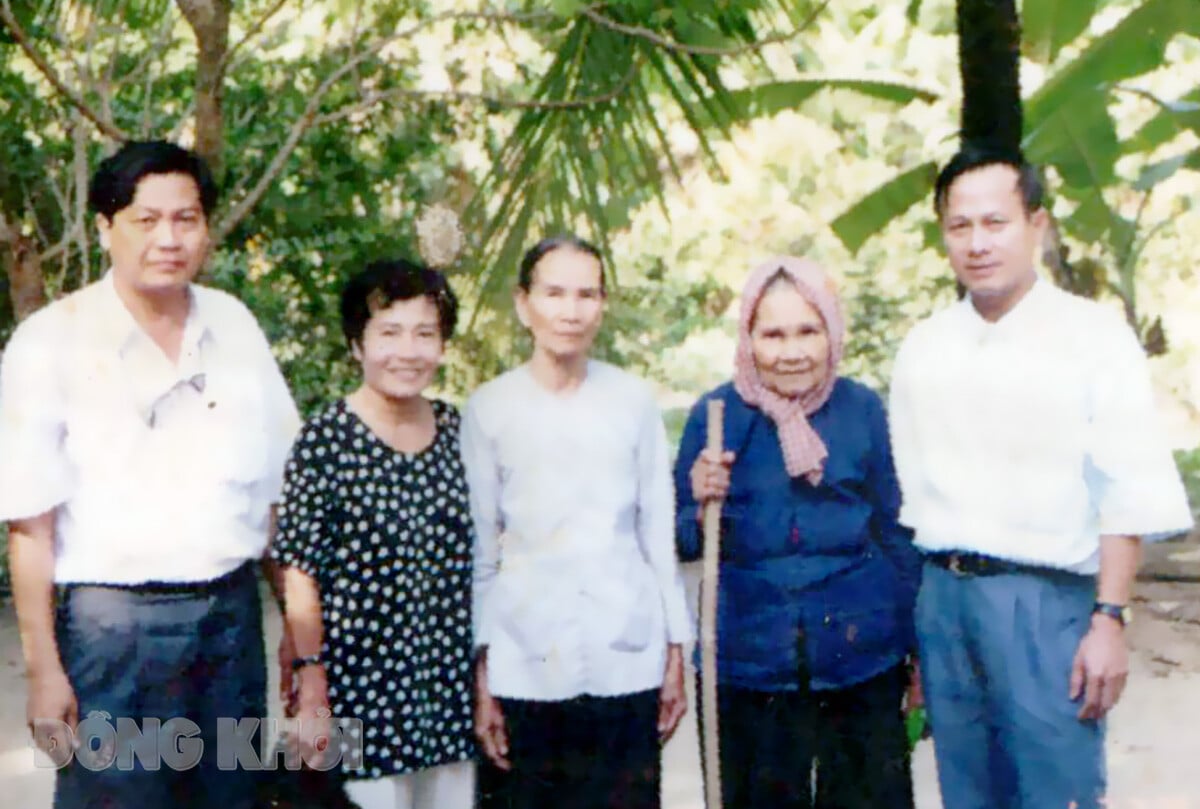
Comrades in the Press Subcommittee visited Mrs. Ba Hanh and Mrs. Pham Thi Hoa (2nd and 3rd from right), who had sheltered and sheltered them when the agency was based in Tan Loi Thanh commune from 1967 to 1969. Photo courtesy
Heavy love for the people
In the writings of journalist Huynh Nam Thong - former Editor-in-Chief of Chien Thang Newspaper (later Dong Khoi Newspaper), he compared the years of resistance war to the period when journalists lived in the "immense sea of people" and "oceanic love", that is, being protected by the people so that revolutionary journalism could fulfill the political tasks assigned by the Party. This is a precious thing that no journalist can forget.
He wrote: “What cannot be forgotten are the families in the “immense sea of people” of the “ocean of love” who once hid, protected, and nurtured the people who worked for the Chiến Thắng Newspaper. It is impossible to tell them all without making our hearts flutter and feel uneasy. Because there is no place the editorial office has not set foot. From remote areas, suburban areas, in coconut forests, in open fields, on bare mounds or forest edges… everywhere they leave their mark of sacredness - sacred because it is the sincerity - a kind of direct, warm and harmonious love of the people for the newspaper - or more correctly, for the Party, for the revolutionary cause. It is impossible not to utter those sacred gratitudes that were deeply engraved in the hearts of those who were honored to work for the Chiến Thắng Newspaper during the anti-American war”.
The editorial office of Chien Thang Newspaper has passed through countless families in its journey of more than two decades. Journalist Huynh Nam Thong recounted: “When liberating the weak area in Cho Lach after the Mau Than Spring, we were stationed in Vinh Thanh (Cai Mon), a Catholic area. The editorial office was sent to live in a wealthy family. We were sent to live in the upper part of the house, “closed off from the high wall”. The host took over the cooking, using the excuse that his daughter would take care of it. We were always treated like guests, with huge plates of longan, mangosteen, durian, rambutan, never ending. We were very shy, but the host was always open-minded.”
Or another family in Long My where the editorial office once stayed had only Mr. Tu as the homeowner. His wife died when their daughter was still in the cradle. “When we withdrew, my sister also volunteered to join the army and sacrificed herself. Later, when we had the opportunity to visit, Mr. Tu had aged a lot because of loneliness. We were afraid that he might blame the Victory Newspaper for “luring” his son into going to war so that from now on he would live alone. But he was not angry and instead begged us to visit him when we had time, and from his heart he said: The newspaper had shown us a path worthy of sacrifice.
Once, the editorial office stayed at a wealthy house in Binh Khanh, Mo Cay. The owner was a famously meticulous person. Every day, he used a sharp stick to pick up fallen leaves and burn them. He set aside 3 rooms in the house to worship his ancestors for us to work with tables and chairs made of shiny rosewood and rosewood, a set of mother-of-pearl inlaid sofas, so we could lie down and stretch our legs when we couldn’t write. Every noon, his wife would bring us plates of sweet potatoes, cassava, and sometimes fruit. Both of them had grown children and grandchildren who lived nearby, and no one wanted to live with them because they were afraid of his difficult personality. But for the revolution, he was willing to overcome difficulties and give us all kinds of preferential treatment,” Mr. Nam Thong wrote.
Portrait of compatriots
Everywhere, people are "forests of people, forests of love" attached to the revolution like "heaven's net" covering journalists and leaving forever in their memories deep gratitude, heavy duty that cannot be erased. And also through the pen of journalists, they recorded beautiful portraits of compatriots in the resistance zones. That is the skinny mother of An Khanh who stayed behind in the bombs and bullets to scrape rice to cook to feed soldiers from hunger in the fortifications, as journalist Thanh Nhan once recounted in the report "Old Mother on the Frontline": Mother came and went like a shuttle on the frontline. At night, mother voluntarily held her sword and accepted the sacrifice to open the way to bring the soldiers' children out of the siege of the enemy and cross Highway 6 to the liberated zone safely.
That was Ba and Ma Nhi in Cau Dinh, Binh Khanh, who devoted all their love to the revolution, devoted all their love to the propaganda cadres and the Chien Thang Newspaper. Journalist Thanh Nhan wrote: “Later, I learned that Ma Nhi was always in debt because she had to raise her children but never let them know. Any child who came home, whether early or late at night, she loved and cared for them as if they were her own children. Any child who needed to be picked up by their family, even in the rain of bombs and bullets, she would go out of her way to find them. Ba Nhi, despite his old age and weakness, had sealed hundreds of secret bunkers for the provincial Propaganda brothers.”
Turning through each page of the history of the provincial press, in almost all parts, including memoirs or portraits of resistance journalists, the image of the people is never absent. The press is in the hearts of the people, the press fights with the people, and exists thanks to the people. Journalist Huynh Nam Thong affirmed: “What paper and ink can record all the hearts, what great memory can preserve so many feelings, so many memories of a time of resistance to transform narrow-minded feelings. Our privacy is integrated into the great cause, integrated into the cause of the revolution so that later on, no matter what we do, big or small, we all believe that it is just a grain of sand in the vastness of the people's gratitude to achieve and grow up”.
Thanh Dong (excerpt)
Source: https://baodongkhoi.vn/song-trong-moi-tinh-dai-duong--16042025-a145241.html


![[Photo] President Luong Cuong awarded the title "Heroic City" to Hai Phong city](https://vphoto.vietnam.vn/thumb/1200x675/vietnam/resource/IMAGE/2025/5/13/d1921aa358994c0f97435a490b3d5065)


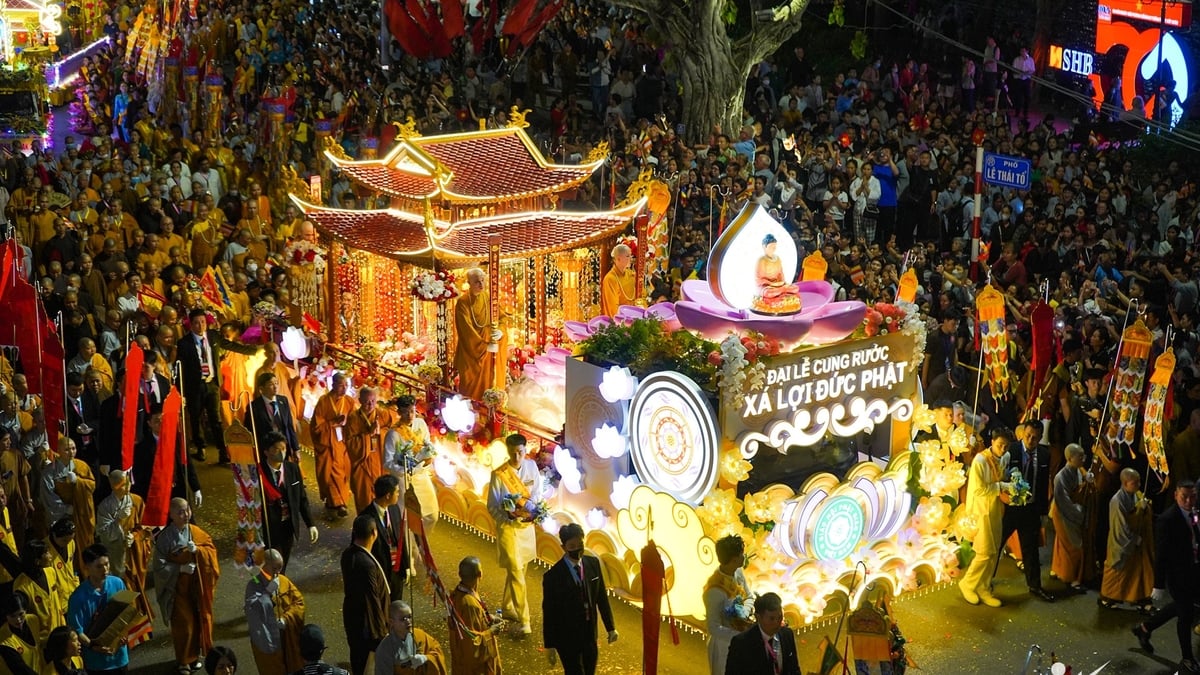
![[Photo] Many people in Hanoi welcome Buddha's relics to Quan Su Pagoda](https://vphoto.vietnam.vn/thumb/1200x675/vietnam/resource/IMAGE/2025/5/13/3e93a7303e1d4d98b6a65e64be57e870)
![[Photo] Prime Minister Pham Minh Chinh receives Ambassador of the French Republic to Vietnam Olivier Brochet](https://vphoto.vietnam.vn/thumb/1200x675/vietnam/resource/IMAGE/2025/5/13/f5441496fa4a456abf47c8c747d2fe92)
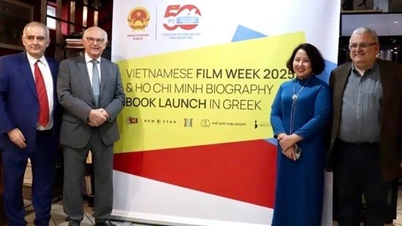


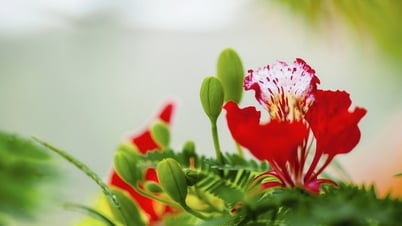

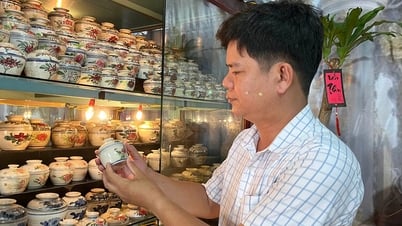






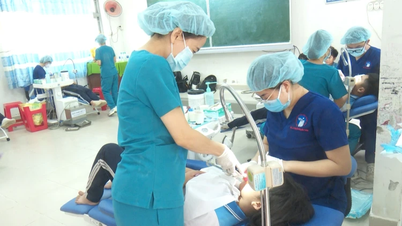
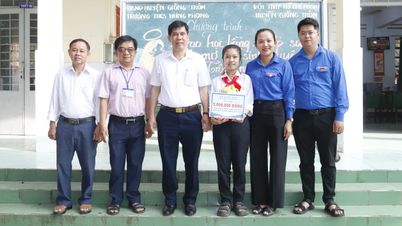
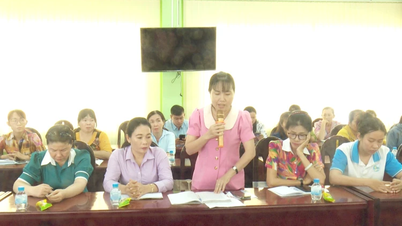












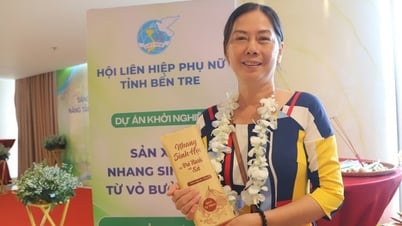























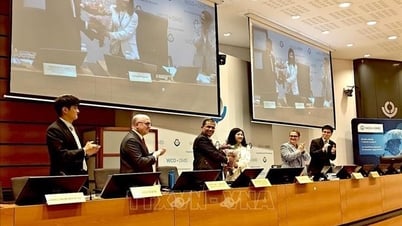















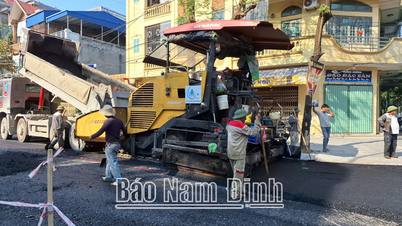

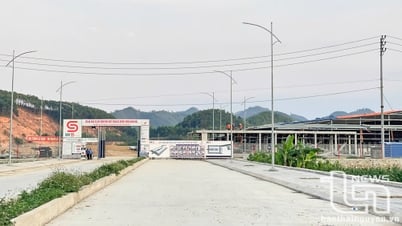



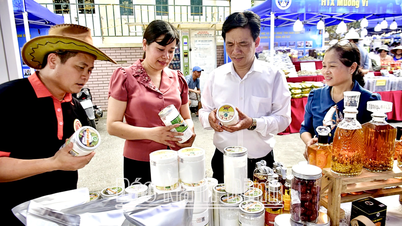
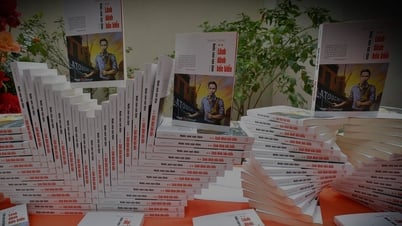



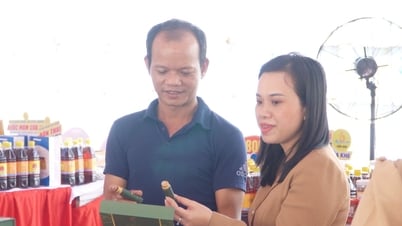







Comment (0)